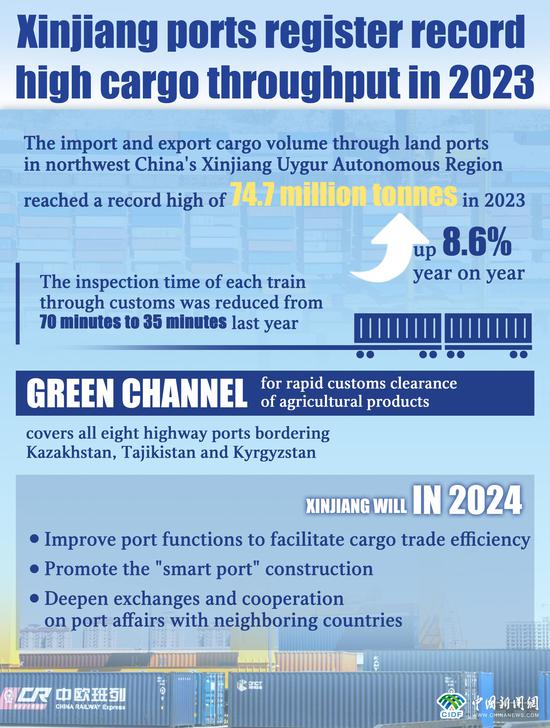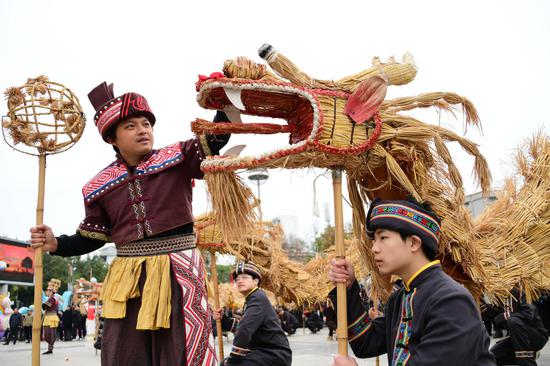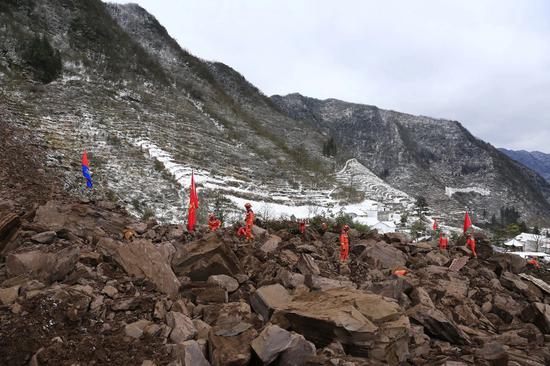The internet slang of "invitation for tea" has been given a new connotation among Chinese netizens, meaning being summoned or investigated for suspected illegal activities by law enforcement departments. China's Ministry of State Security (MSS) on Tuesday on its official Wechat public account listed 10 types of misconduct and scenarios under which individuals might find themselves invited for "a cup of tea" by the national security agencies.
The first and foremost scenario listed by the MSS on Tuesday is suspected involvement in crimes which compromise national security, for which national security agencies could accordingly initiate investigations and take legal actions, including detention, against individuals suspected of endangering national security.
The process involves collecting evidence to establish guilt or innocence.
As Anti-Espionage Law defines responsibilities and obligations for security prevention, national security agencies can issue corrective orders for non-compliance and, in severe cases, recommend administrative sanctions.
Projects involving national security require approval, and national security agencies have the authority to order corrections, issue warnings, or suspend projects for illegal construction within designated security control zones.
Individuals and organizations are legally obligated to support anti-espionage efforts. Refusal to cooperate with investigations can lead to warnings, administrative detention, and fines. Criminal charges may be pursued if deemed necessary.
Possessing state secrets illegally may result in warnings or administrative detention, with criminal charges pursued for severe cases, according to the MSS release on Tuesday.
Prohibiting illegal activities related to espionage equipment, national security agencies have the authority to issue warnings or administrative detentions for non-criminal offenses, with criminal charges for severe cases.
Individuals responsible for leaking state secrets related to anti-espionage and intelligence work may face warnings or administrative detention, with criminal charges pursued for more severe cases.
Foreign individuals violating the Anti-Espionage Law may be ordered to leave within a specified period. Failure to comply may result in deportation, with national security agencies having the authority to impose restrictions on the residence or business locations of foreign individuals or entities.
Aside from espionage, the Anti-Espionage Law empowers national security agencies to address eight other activities harmful to national security. Legal responsibilities and consequences are defined by relevant laws and regulations.
The MSS emphasized in the Tuesday release that the importance of strict adherence to laws such as the National Security Law, Anti-Espionage Law, National Intelligence Law, Criminal Procedure Law, and other applicable regulations.
The MSS urges all members of society to foster a comprehensive understanding of national security, uphold the rule of law, and actively fulfill their duties to safeguard the nation. Violators of national security laws will face stringent legal consequences. The call is for unity in building a robust defense around national security.


















































 京公網安備 11010202009201號
京公網安備 11010202009201號